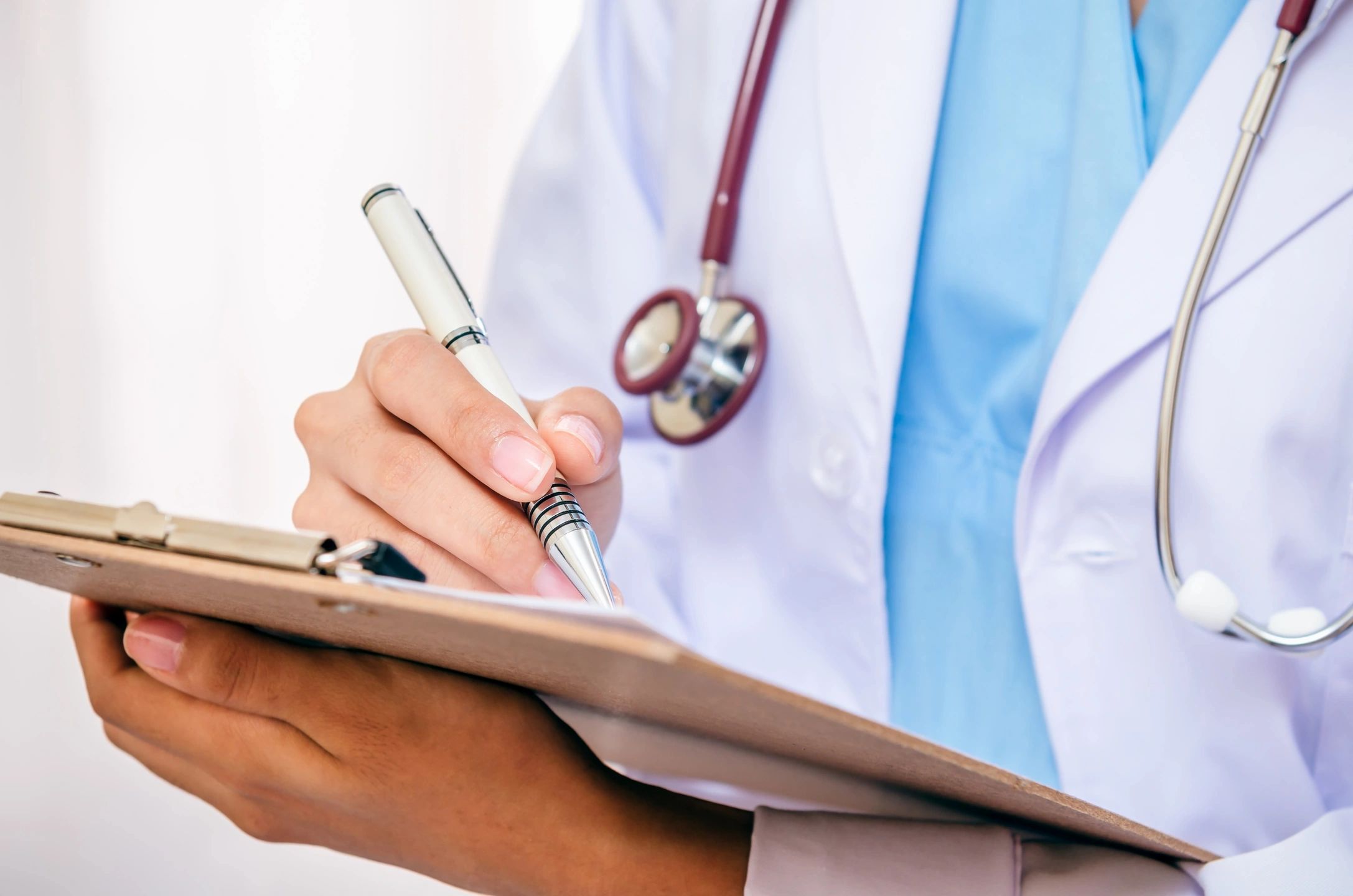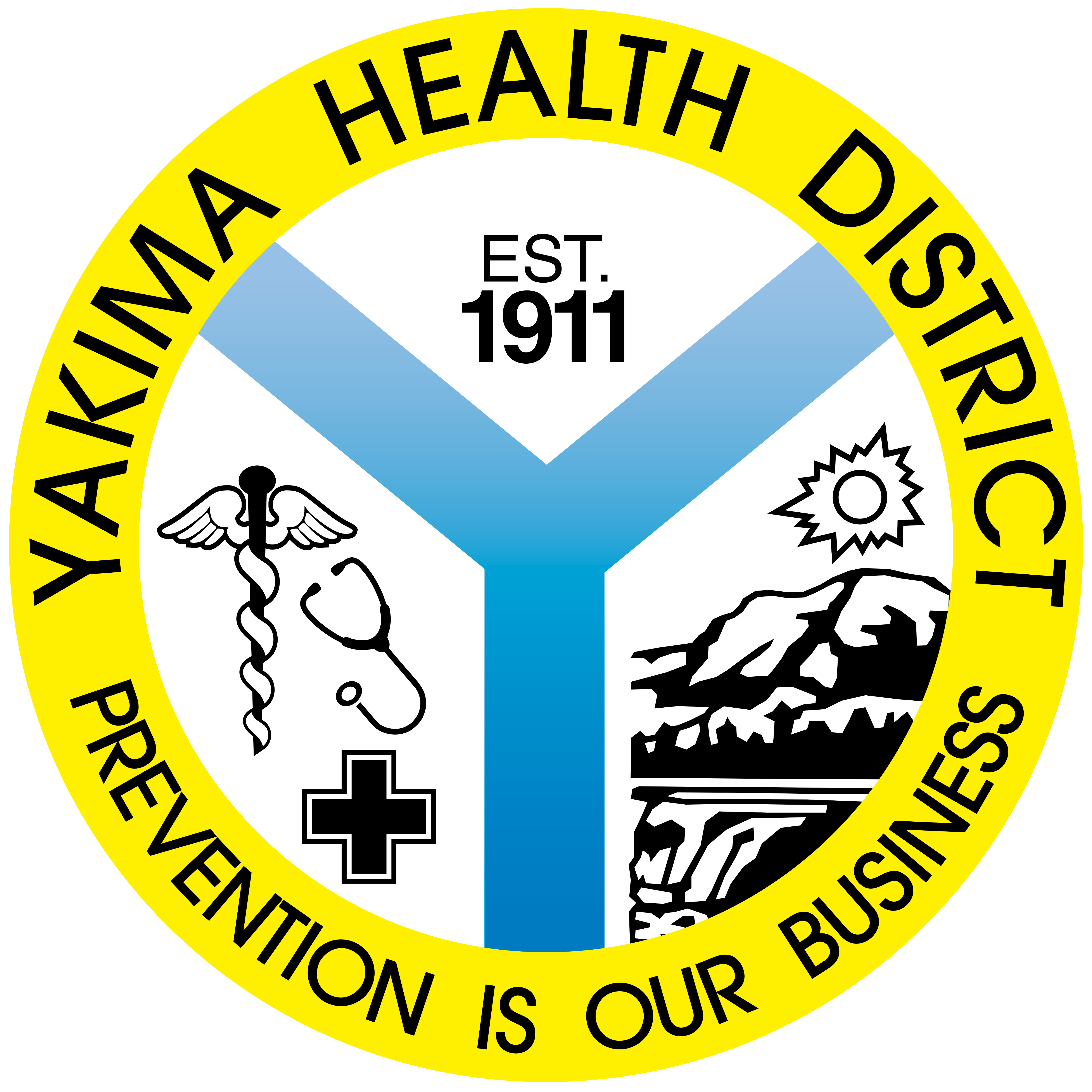
Contact: Melissa Sixberry, Director of Disease Control 509-249-6509
**Clinical leadership is expected to schedule time to review guidelines with staff**
July 1, 2021
Actions Requested
- As the state fully reopens and moves into the summer months, provide information about potential behavioral health responses and social and personal risks. This information is important for informing decision making, planning, and participation related to public and private gatherings in the immediate future. Promote the SAFE Model to help contribute to a healthy and secure transition beyond the COVID-19 pandemic:
| S | Sex and intimacy: It’s important to continue healthy and safe sexual behaviors. Use appropriate protection to reduce the likelihood of sexually transmitted infections. Always confirm consent before initiating any sexual contact. |
| A | Alternative choices: If you plan to go out drinking or to a gathering, decide on a designated driver ahead of time. One or two extra minutes of planning can save lives. |
| F | Firearm storage and use: If you have weapons, fireworks, or firearms in your home, please follow safe access and storage guidelines: |
| E | Events and celebrations: Consider your options when planning to attend a large-scale celebration or gathering of any kind. If you feel uncomfortable in a large group, don’t be afraid to change your plans. Be aware of your surroundings, including the people around you and exits. |
Share information and strategies for mitigating potential negative impacts that individuals may experience following the state’s full reopening and the perception of the pandemic ending. This information can include resources on behavioral health safety, decision making, communicating, and building resilience.
Background
The summer months of 2021, beginning around the same time as the state’s full reopening and the Fourth of July holiday, are a prime opportunity for people to enjoy themselves, socialize, and reconnect with friends and family. The perception of the pandemic ending – which has been negatively impacting life for so many for so long – brings a strong sense of relief for many and a desire to have fun, feel less restricted, and release strong emotions. These desires have been building chemically on a neurological level in our collective brains and bodies for more than a year.1 There are several behavioral health-related risk factors associated with the timing of the state’s full reopening, the perception that the pandemic is over, and the Fourth of July holiday.
Fourth of July celebrations are particularly important to keep in mind, as additional sociopolitical considerations can motivate behavior. These risks should be recognized and considered when making plans.
Areas of concern include:
- Impulsivity and trouble managing emotions
- Impacts on behavioral choices based on the extensive length of the COVID-19 pandemic
- Strongly held (and often rigid) beliefs related to the COVID-19 pandemic, such as vaccines, masking, gatherings, reopening, etc.
- More social contact, particularly in large groups, than many have experienced in over a year
Recommendations
Considerations for impulsivity and managing emotional responses:
- Try to avoid quickly making large-scale decisions (e.g., spending money on something that should involve extensive planning, such as moving, changing jobs, and starting or ending a relationship).
- Try to pause for 30 seconds before responding to others. This allows the non-impulsive, logical part of your brain to be more influential in decision making (i.e., stop and think, then act).
- Avoid making big decisions or taking extreme risks when substance use is involved. Recognize that substance use impairs judgement. People often act “out” when under the influence of substances in ways they might not otherwise.
Considerations about behavioral choices after a lengthy recovery process:
- The human body responds to several changes in the brain during disasters, such as the COVID-19 pandemic. These changes strongly influence how we feel. Dopamine and serotonin are associated with pleasure and contentment. During a disaster and recovery from a disaster, the brain doesn’t process these neurotransmitters as effectively because people aren’t feeling as happy and may be experiencing incredible stress.
- During the disaster recovery process, there is often a strong physiological need to experience pleasure and engage in activities that are “high preference” in an attempt to rebalance these neurotransmitters.
- There are some risks associated with engaging in high-preference activities while also experiencing significant impulse and emotion dysregulation. Examples can include risky sexual behavior, substance use, gambling, spending money impulsively, or driving recklessly.
Considerations around strongly held beliefs related to the pandemic:
- Many people have strong beliefs and opinions about the primary issues related to the end of the pandemic, such as timing of the state’s full reopening, vaccine confidence, and masking requirements. During the summer months, it is likely that some of these strongly held beliefs may conflict with different beliefs held by others. For example, allowing individuals who are fully vaccinated, in some cases, more social privileges (e.g., relaxed masking requirements, separate seating at events, and other incentives).
- There may be concerns related to masking requirement changes and comfort level with use of masks. For example, some may want to continue wearing masks for a sense of anonymity and personal safety, and there may be issues of trust related to the vaccination status of others.
Considerations for people having more social contact than they have experienced in over a year:
- During these summer months, beginning with large-scale Fourth of July events for some, it is likely that many people will have the opportunity to socialize in large groups for the first time in over a year. Although socialization can be positive and fun, there is also the potential for discomfort, social awkwardness (even around people who are well known), and misunderstanding or confusion of social cues and norms.
- Large groups also tend to be somewhat more unsettling for many.
- There is evidence that in large crowds, people may be more inclined to act aggressively, impulsively, or in out-of-character ways.
For Providers:
- Washington State Department of Health
- Behavioral Health Group Impact Reference Guide: Describes behavioral health impacts and recommendations for some occupations and social roles that could be more heavily affected by the COVID-19 pandemic.
- Statewide High-Level Analysis of Forecasted Behavioral Health Impacts from COVID-19 – June Update: Outlines the potential statewide behavioral health impacts from the COVID-19 pandemic.
For Clients, Patients, and Families:
- Washington State Coronavirus Response (COVID-19)
- Mental and emotional well-being resources
- A Mindful State: Find help. Connect. Help others.
- Ingredients of resilience
- Grief and Loss: Infographic and handout
- Suicide warning signs
- Substance Abuse and Mental Health Services Administration (SAMHSA)
- Helplines
- Mental health crisis line
- Washington Listens: Call 833-681-0211.
- National Suicide Prevention Lifeline: Call 800-273-8255 (English) or 1-888-628-9454 (Spanish).
- Crisis Text Line: Text HEAL to 741741.
- Crisis Connections: Call 866-427-4747.
- Washington Warm Line: Call 877-500-9276.
- SAMHSA Disaster Distress Helpline: Call 1-800-985-5990 or text TalkWithUs to 66746 to connect with a trained crisis counselor.
- Crisis lines for specific groups
- TeenLink: Call or text 866-833-6546.
1 Reports on the forecasted statewide behavioral health impacts from the COVID-19 pandemic are produced monthly, which include more details on the specific impacts of disasters on the brain and body. All reports can be found on the DOH Behavioral Health Resources and Recommendations webpage.
